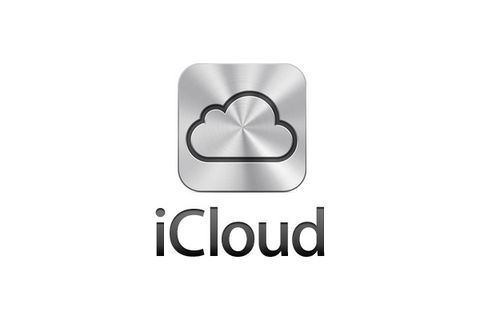IT Pro Verdict
iCloud Drive has not been around as long as its competitors and it shows. While walking a different path may be admirable in terms of how the service works it lacks the collaboration features that Box et al offer. Its deliberate lack of compatibility with certain operating systems also limits its appeal.
Pros
- +
Integrates very well with Apple apps on both iOS and OS X. Helpful storage to syncing across Apple devices.
Cons
- -
Not a great collaboration tool for users working on heterogeneous systems. No apps outside most recent versions of OS X, iOS and Windows. Lack of app limits ability to properly organise files. Third-party app integration doesn’t work as planned for some app.
Update - Apple's iCloud service has got some serious competition in the form of Amazon's new unlimited cloud storage plan. Offering unlimited storage of everything for a $59.99 annual subsription - or $11.99 for just photos - this plan is pretty much the best deal going for those that want to be storing large amounts of data in the cloud.
Those using iCloud for work might also be interested in Dropbox's new offering, which beefs up its services with an enterprise-grade business package. Expanded features coupled with Dropbox's already sterling reputation for multi-platform app support could make it a silver bullet for many cloud customers.
And, if you're worried about the security of your iCloud information, why not check out our top 5 tips for iCloud data safety?
Apple's iCloud service has rapidly morphed since its debut in 2011. Replacing its earlier MobileMe service, iCloud originally acted as a data-syncing hub for emails, calendars, notes, reminders photos and iWork documents.
While those features still remain, it has had to change in order to compete with cloud storage services such as Dropbox and OneDrive. As such it has gained some of the features more readily associated with cloud storage, such as the ability to save files in folders that will sync to a variety of devices.
Accessibility
As you would expect from Apple, accessibility is a lot more limited when compared to rivals. If you drink the Cupertino Kool-Aid then you can access iCloud from pretty much all iOS and OS X devices.
If you have the latest version of OS X (Yosemite) and an Apple ID then, from the get go, you will be able to access a folder on the hard drive where data is stored and where you can also save files and folders for access from other iOS devices. You'll have to switch on iCloud from the System Preferences section of the Apple menu, but this is straightforward enough.
An iPad or iPhone linked by the same Apple ID will also have access to this storage; this is how data is shared among all devices.
For Windows users, iCloud can be downloaded from the Apple website and set up on a PC. As with the Mac, iCloud shows up as a folder that users can sync data with.
For iOS devices, things get a little more complicated. There is no iCloud Drive app so to speak - the service dwells within Apple's own apps, as well as third-party software. In settings, iCloud Drive can be activated and users can toggle which apps can use the service.
iCloud Drive is not available for Android device or Linux PCs. However, there is accessibility via the iCloud website. A number of third-party apps can also be found with a quick internet search.
Adam Shepherd has been a technology journalist since 2015, covering everything from cloud storage and security, to smartphones and servers. Over the course of his career, he’s seen the spread of 5G, the growing ubiquity of wireless devices, and the start of the connected revolution. He’s also been to more trade shows and technology conferences than he cares to count.
Adam is an avid follower of the latest hardware innovations, and he is never happier than when tinkering with complex network configurations, or exploring a new Linux distro. He was also previously a co-host on the ITPro Podcast, where he was often found ranting about his love of strange gadgets, his disdain for Windows Mobile, and everything in between.
You can find Adam tweeting about enterprise technology (or more often bad jokes) @AdamShepherUK.
Most Popular



